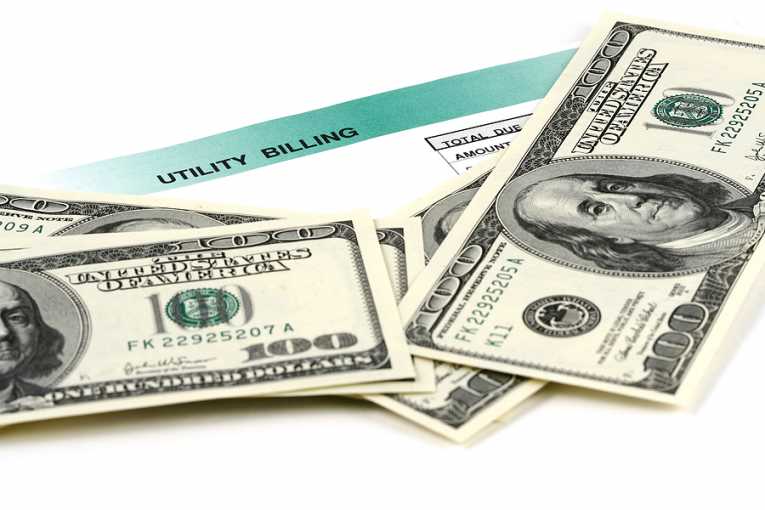According to a recent study, water bills in Las Vegas may even triple, should the proposed plan to construct a pipeline to bring Snake Valley groundwater to the city be realized.
The report, completed as part of a construction feasibility study, seems to add another nail to the project's proverbial coffin. On July 14, the Bureau of Land Management released its Draft Environmental Impact Statement, which found the potential for massive aquifer drawdowns and significant potential land subsidence, which would decimate the ranchers dependent on that land and water.
The water rates, according to the study, could potentially double. The current average water bill for families using 15,000 gallons per month is $31, but could increase by $36, to cover the costs of the pipeline project. Factor in the costs of the recent construction of Intake No. 3 at Lake Mead and that monthly bill could approach $90 per month.
Opponents now have an economic argument against the pipeline: struggling residents can ill afford to pay for such increases. This may very well be true, but a look at water rates at other major cities indicates that Las Vegas water is cheap. A study prepared by Black and Veatch, a consulting firm, indicates that, of the 50 cities surveyed, Las Vegas water is 10th cheapest, assuming a demand of 15,000 gallons per month.
Water starved Las Vegas's water costs significantly less than what could be considered water rich cities, including Atlanta ($92), Boston ($79), Charlotte ($62), Indianapolis ($46), Minneapolis ($58), and Seattle ($83). The typical economist would be baffled by this, as these costs go against the widely understood relationship between scarcity and value as being directly proportional.
A look at other arid cities indicates that, even by western standards, Vegas water is cheap: San Diego ($77), Tucson ($54), Phoenix ($55),and Los Angeles ($68). Should Vegas bills increase to $67 month, the rates would be more on par with their western counterparts but still eons cheaper than its eastern counterparts.
Perhaps, instead of building massive, multibillion dollar pipelines, Vegas could instead increase its water rates as a means to reduce demand. The data indicate that their water is way too cheap given its scarcity, and that consumers will be particularly sensitive to price signals to reduce their use. Increasing prices as a means to reduce water demand may not be a panacea, but surely it should be considered first, before the pipeline. The utility stands to save billions of dollars. Perhaps, after reducing demand, the Southern Nevada Water Authority, could alter their propose pipeline project to such an extent that its groundwater needs would be minimized, and so would the environmental impacts.
Top Image Credit: © Arekmalang










